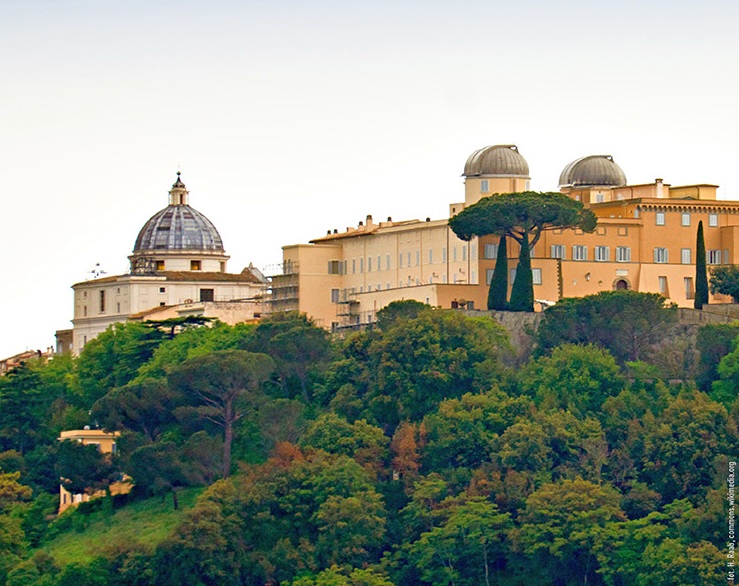

30 km from Rome, the town of Castel Gandolfo is where the summer residence of the popes is located. However, the name of the town is also known for another reason. Castel Gandolfo has become a symbol of the dialogue and intellectual openness of John Paul II. It was here that the Pope invited eminent scholars from all over the world to meet for several days to discuss problems concerning man, society and Europe. They included religious and non-religious people of conservative and liberal persuasions. The guests were, among others: Leszek Kołakowski, Emmanuel Lévinas, Paul Ricoeur, Robert Spaemann, and Charles Taylor. John Paul II himself remained in the role of listener. He officially spoke only once. On the other hand, he was always very much involved in the discussions at the common meals. The impression he left on the participants at Castel Gandolfo can be summed up in a sentence by Professor Krzysztof Michalski: he spoke little, always very concentrated, with clearly deep thought, no matter what the conversation was about.
The meetings at Castel Gandolfo hosted by John Paul II were organised by the Institute of Human Sciences, in fact by Prof. Krzysztof Michalski and Rev. Prof. Józef Tischner. The aim was to talk about anthropology, human freedom, and the social conditions of man, albeit with full independence and freedom of expression. John Paul II was aware that communism and the Marxist vision of man are viewed differently in the East and West of Europe, and still differently on the other continents of the world. However, the Pope was not concerned with ideological confrontation. He believed that there is no more effective tool than discussions consisting of an exchange of views and mutual knowledge of the reasons being expressed. He believed that talking, listening to each other opens horizons, contributes to understanding, and helps to develop. He therefore trusted all the more that conversations about the human being in the various dimensions of his activity would help to purge the anthropology that always accompanies ideologies and worldviews.
The atmosphere of the meetings at Castel Gandolfo goes back to their origins in the Krakow period of Karol Wojtyła's pastoral ministry. It can be said that at their origin were discussions of physicists, philosophers, theologians or mathematicians about science and philosophy, to which first the young Fr Wojtyła, then bishop and cardinal, was invited. The very idea of Castel Gandolfo, on the other hand, was born during a meeting of a group of physicists from their student canoeing days, who came to see John Paul II in August 1980.
To this day, the atmosphere of intellectual dialogue aimed at serving humanity is believed to be difficult to repeat, and the papers delivered then still form the basis for the analysis of many problems in the fields of humanities, economics, philosophy, sociology, medicine or ethics. Although the Pope himself then took on the role of listener and recipient of the content discussed, it is certain that he drew on it in building his individual responses to the problems of the Church and the world, whether through papal documents or public statements.